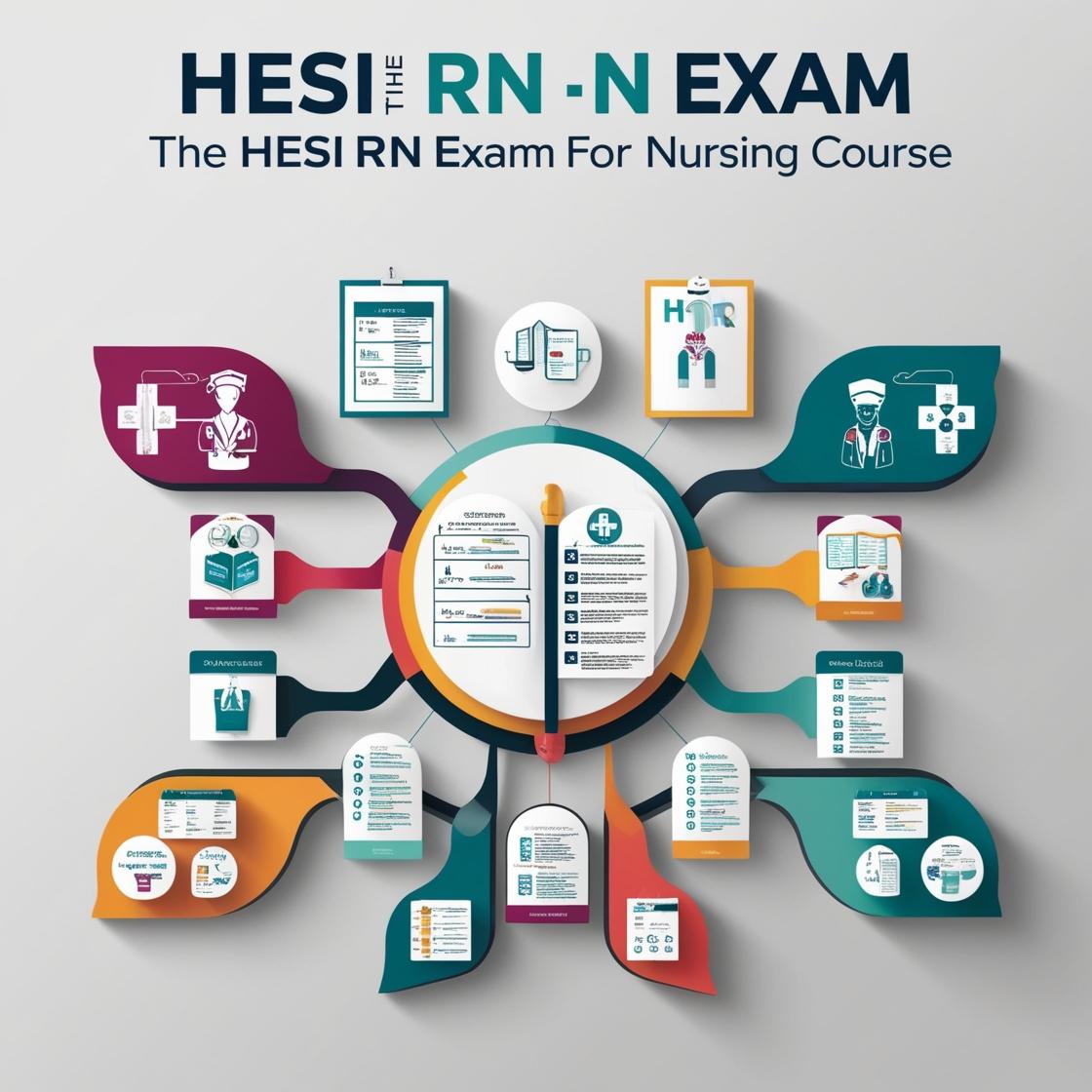HESI RN
HESI Nutrition Practice Exam
1. A client is lactose intolerant, and a nurse is reinforcing teaching. Which of the following statements should the nurse include?
- A. You should increase the fiber in your diet.
- B. You should increase the calories in your diet.
- C. You should decrease the dairy products in your diet.
- D. You should decrease the amount of vitamin D in your diet.
Correct answer: C
Rationale: The correct statement for a client who is lactose intolerant is to decrease dairy products since lactose intolerant individuals should avoid dairy to prevent symptoms like bloating, diarrhea, and gas. Increasing fiber (Choice A) or calories (Choice B) is not directly related to lactose intolerance. Decreasing vitamin D (Choice D) is not necessary as lactose intolerance is about the sugar in dairy, not vitamin D.
2. A nurse is caring for a client who has a new prescription for a low-sodium diet. The client's family has requested to bring in some of the client's favorite foods. Which of the following food items should the nurse recommend the family members to omit?
- A. Boiled rice
- B. Italian bread
- C. Broiled salmon filet
- D. Pickled beets
Correct answer: D
Rationale: The correct answer is D, Pickled beets. Pickled foods often contain high levels of sodium, which should be avoided in a low-sodium diet. Boiled rice, Italian bread, and broiled salmon filet are generally lower in sodium compared to pickled beets, making them more suitable choices for a client on a low-sodium diet.
3. A client with diabetes is being educated about the dietary source that should provide the greatest percentage of their calories. Which of the following statements by the client indicates an understanding of the teaching?
- A. Most of my calories each day should be from fats.
- B. I should eat more calories from complex carbohydrates than anything else.
- C. Simple sugars are needed more than other calorie sources.
- D. Protein should be my main source of calories.
Correct answer: B
Rationale: The correct answer is B. In diabetes management, complex carbohydrates should constitute the largest portion of the diet as they help in maintaining steady energy levels and managing blood sugar. Choice A is incorrect because a high-fat diet can lead to complications in diabetes. Choice C is incorrect as simple sugars can cause rapid spikes in blood sugar levels. Choice D is incorrect as protein, while important, should not be the main source of calories for a diabetic individual.
4. A nurse is assisting with the development of strategies to prevent foodborne illnesses for a community group. The nurse should plan to include which of the following recommendations? (Select one that doesn't apply).
- A. Avoid unpasteurized dairy products.
- B. Keep cold food temperatures below 4.4°C (40°F).
- C. Discard leftovers after 48 hours.
- D. Wash raw vegetables thoroughly in clean water.
Correct answer: C
Rationale: The correct answer is C. Discarding leftovers after 48 hours is not an effective recommendation to prevent foodborne illnesses. Leftovers should actually be discarded within 2 hours if they have been at room temperature. Choices A, B, and D are all effective strategies to prevent foodborne illnesses: avoiding unpasteurized dairy products reduces the risk of harmful bacteria, keeping cold food temperatures below 4.4°C (40°F) inhibits bacterial growth, and washing raw vegetables thoroughly removes contaminants.
5. A client with gastroesophageal reflux is receiving teaching from a nurse. Which statement by the client indicates a need for further teaching?
- A. I will avoid eating after supper.
- B. I can drink coffee throughout the day.
- C. I drink milk when I get heartburn.
- D. I should not eat foods made with chocolate.
Correct answer: B
Rationale: The correct answer is B. Drinking coffee throughout the day can aggravate gastroesophageal reflux symptoms. Choices A, C, and D are correct statements that can help manage gastroesophageal reflux by avoiding late-night eating, not consuming trigger foods like chocolate, and using milk for relief when experiencing heartburn.

Access More Features
HESI RN Basic
$69.99/ 30 days
- 50,000 Questions with answers
- All HESI courses Coverage
- 30 days access
HESI RN Premium
$149.99/ 90 days
- 50,000 Questions with answers
- All HESI courses Coverage
- 90 days access
